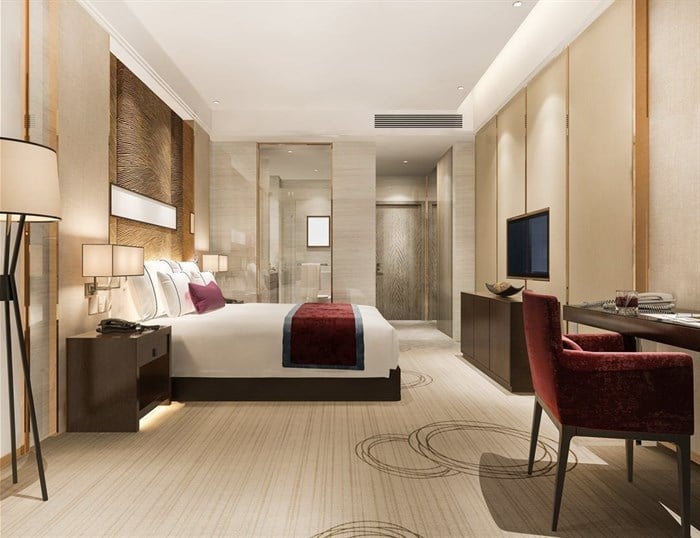Travellers today can choose from a great number of accommodation options to suit their specific needs. One particular option that has seen a rise in popularity is the aparthotel. Unfortunately, however, over 80% of the establishments in South Africa dubbing themselves as "aparthotels" are not living up to the billing.
There's nothing "hotel" about many so-called aparthotels, particularly in Southern Africa except maybe a caretaker who hands over keys. Forget room service, maintenance issues being seen to; friendly check-in and check-out, Wi-Fi, pillow delivery or coffee orders – you'll be told to get Uber Eats. That's not an aparthotel, that's at best a serviced apartment masquerading as an aparthotel while fleecing customers.
Setting the record straight
Calling an establishment an 'aparthotel' isn't just about slapping a label on a building with self-catering rooms. It's a commitment to the traveller, whereby an establishment promises a number of amenities and services. When done correctly it’s a great formula. For example, Capital Hotels and Hyatt House are incredible aparthotels worthy of the name. When done wrong, however, the concept can be borderline fraudulent.
I recently stayed at an aparthotel in Rosebank, Johannesburg. Last year, the establishment still had a gym, as well as some food and beverage arrangements where you could grab a sandwich or a cup of coffee on an honour system at reception. This year, there was no food offered, the Wi-Fi didn’t work, the TV didn’t work, there were maintenance issues which couldn’t be attended to "after-hours” (6pm), the gym wasn’t working and I didn’t feel safe; not to mention renters moving in and out of the rooms on the hour. Still, I paid more than what I would have paid for a normal hotel.
Serviced apartments have a role in hospitality
Students and backpackers are actively looking for accommodation options that offer the bare essentials. They want the key to their unit and don’t require anything else, but if an establishment wants to call itself an aparthotel and charge accordingly, it should offer the bells and whistles that come with it – this includes amenities like a food and beverage service, 24-hour security, 24-hour reception service, room service, conference or board rooms, parking and a gym.
And let's address the elephant in the room; there's currently no universal regulation that lays down what qualifies an establishment as an aparthotel. So, in essence, anyone could let out rooms in their house and call it an "aparthotel". Is that the standard we're aiming for? Of course not, but without rules, without guidelines, the waters get muddied and the consumer is the one who pays the price.
Why the fuss? What's the big deal?
It's simple; deceptive labelling sets a precedent that damages South Africa’s reputation in the eyes of the travellers. If we let establishments get away with calling themselves something they're not, we risk losing the customer’s trust. And trust is the cornerstone of the hospitality industry.
Furthermore, let’s not forget the genuine aparthotels out there – the ones that truly offer the convenience of an apartment, as well as the luxuries of a hotel. Every time an establishment wrongfully dubs itself as such, it dilutes the genuine offering, making it harder for consumers to differentiate and appreciate the real deal.
Serviced apartments, hotels, and genuine aparthotels each serve unique purposes and offerings. We should recognise and respect this.
To the establishments out there: Stop the pretence. If you're not truly an aparthotel, don't masquerade as one. Authenticity goes a long way. To travellers: Vote with your wallet. Support the genuine players in the game, and let’s keep our standards high. The hospitality industry thrives on clarity, trust, and genuine offerings.





































